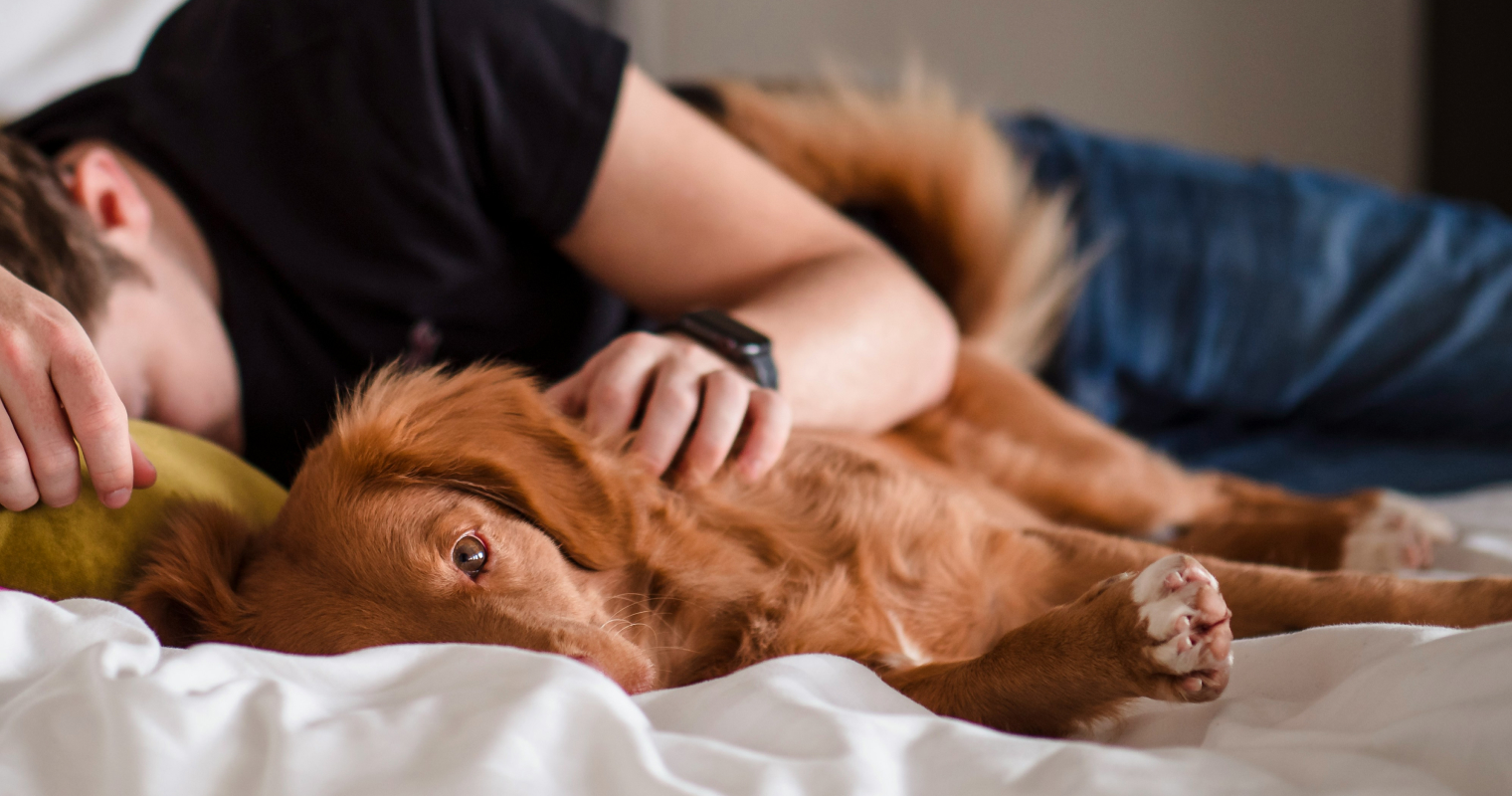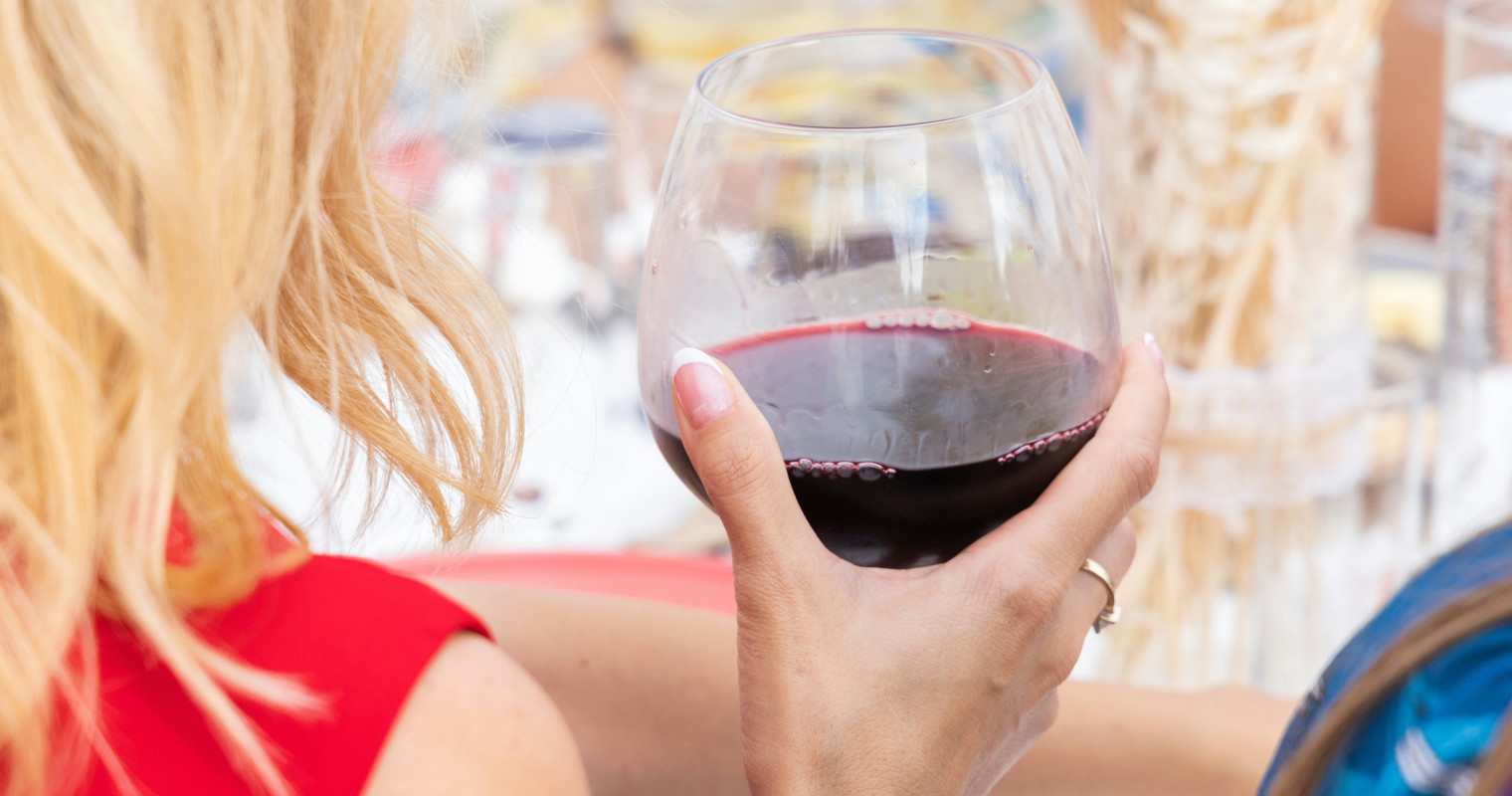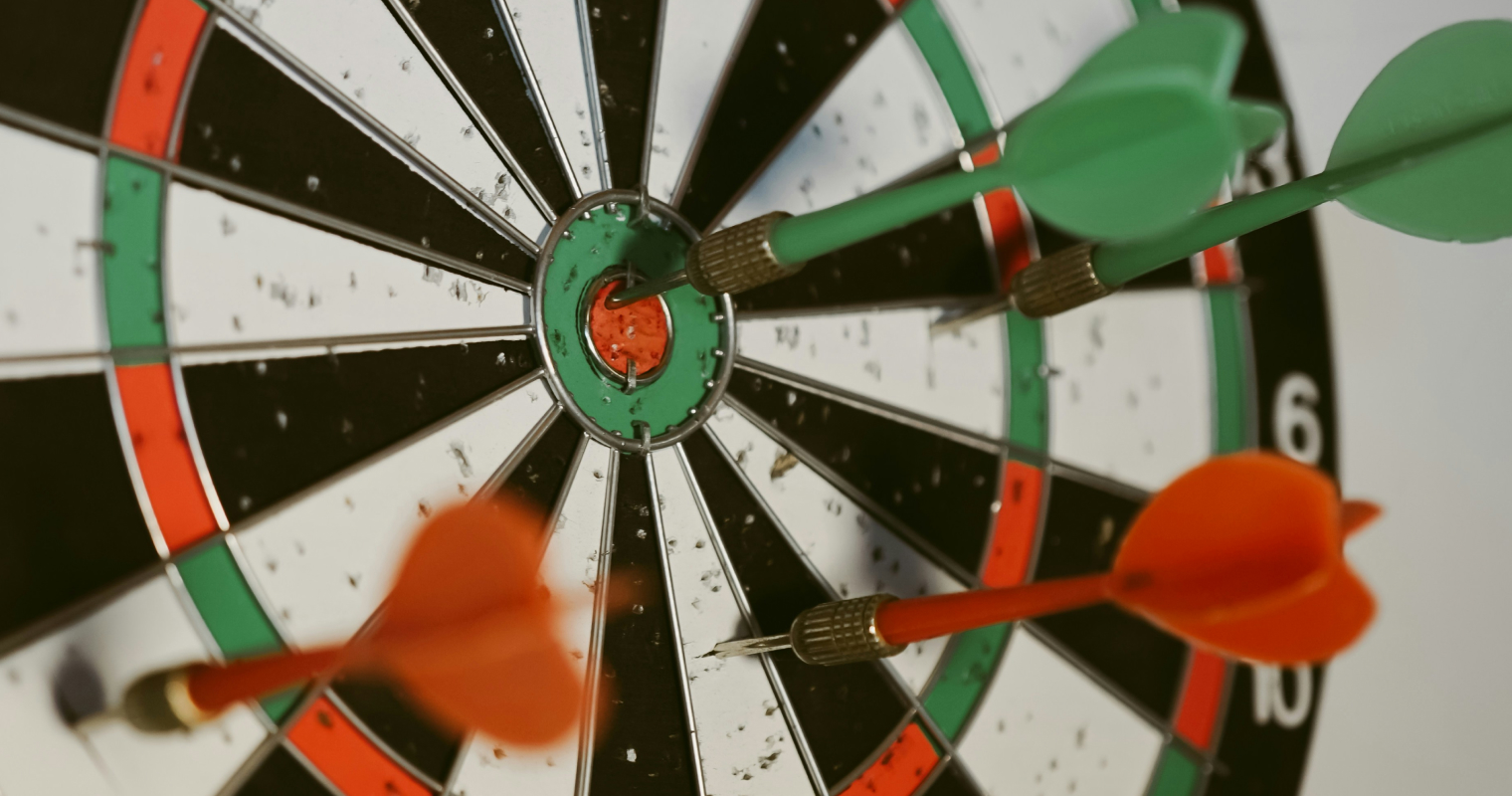Last Updated on May 15, 2023
I’m good at many things. Declining drinks is not one of them.
A drink is the first thing I’ve always reached for in social situations, the necessary lubricant to make me feel more comfortable. If I enter a party and someone stops me to chat, I quickly extract myself and say, “I’m just going to go grab a drink. I’ll be right back.”
I’m especially grateful when the drinks come to me, so I don’t have to maneuver around a crowd, find the bar, or wait in line. If someone offers a cocktail or beer, I say yes. It’s that easy.
Or, at least, it was — until I made the decision to stop drinking.
“When someone urges you to drink, that’s on them. That’s not about you. It’s about their relationship with alcohol.”
I think of myself as an introverted extrovert. Or maybe it’s the other way around, an extroverted introvert. Either way, I’ve spent my whole adult life using alcohol as a tool to help me relax around others.
Now that tool is gone, and I don’t know how to assert myself without the confidence boost that alcohol provides — which is problematic since alcohol is the very thing I want to assert control over.
I reached out to psychotherapist Pallavi Yetur, a licensed professional clinical therapist, to find out how an introvert is supposed to navigate these spaces. What should someone like me say when they’re offered a drink? How do we tell others that we’ve quit or cut back?
“We need to relinquish ourselves from the pressure to explain ourselves. Simply saying, ‘No, thank you,’ is really good enough,” she said. “There’s no other explanation necessary.”
When there’s pushback
What if that’s not good enough, though? My friends associate me with drinking, as someone who appreciates and readily accepts a cocktail. If I say, “No, thank you,” there’s bound to be a response. Like the other day, when I met up with a magazine editor who has published my work in the past. We know each other well enough to get together on occasion, but we’re not close enough for me to get into a conversation about my changing relationship with alcohol.
I declined his offer for a drink from the bar and said, “No thanks, I’m sticking with coffee today.”
The editor rolled his eyes.
“That’s so boooring,” he groaned.
Honestly, that made me feel terrible. I might be awkward or something of an introvert, but boring? I’ve never been boring. I’m a licensed skydiver, for God’s sake.
“I know in drinking culture, there’s a lot of peer pressure,” Yetur said. “You don’t want to be viewed as the boring person or a wet blanket, but it’s worth being aware of how much of that pressure is about other people. When someone urges you to drink, that’s on them. That’s not about you. It’s about their relationship with alcohol.”
Why does this create anxiety?
Whenever I think about declining drinks, the part that causes the most anxiety is the possibility that I might offend my host or make the people around me uncomfortable. Yetur said it’s normal to feel this way.
“I know a lot of people who have introverted tendencies often put others’ needs above their own, so they don’t want to offend anyone. They want to minimize conflict,” she said. “There’s this sense that they’re not allowed to take up space or not allowed to be assertive.”
To be more assertive in these situations, Yetur suggests mentally fast-forwarding to reflect on what the outcome of your choices will be: If you firmly say no, how will you feel? Or if you say yes, will you be resentful later?
“When you don’t advocate for yourself, you end up feeling angry anyway,” Yetur said. “Why would you prioritize someone else’s feelings above your own?”
Putting it into practice
I recently put Yetur’s advice to the test when I spent a weekend at a cabin with some friends. I knew that in between hiking and kayaking, there’d also be a lot of drinking — and I stressed out in advance, imagining all the worst-case scenarios. How will I decline the neverending glasses of wine? What will I say? How will my friends respond?
So I reminded myself that I didn’t need to explain anything or make excuses. I simply had to say, “No thanks,” and their reaction would be none of my business, because it’s not about me.
I also thought about the whole reason why I drove two hours up a winding mountain road. It was to connect with people I already know and love. It wasn’t about anything that came in a glass.
Then something really cool happened.
As soon as I said I wouldn’t be drinking, one friend said, “I admire that.” Another friend said she had been looking to cut back on her own drinking, but she didn’t know where to start. (I recommended Sunnyside.) None of the bad things I anticipated came true.
Instead the host poured my fancy, bubbly soda into a wine glass, so I wouldn’t feel left out — and I toasted my friends with no regrets.




